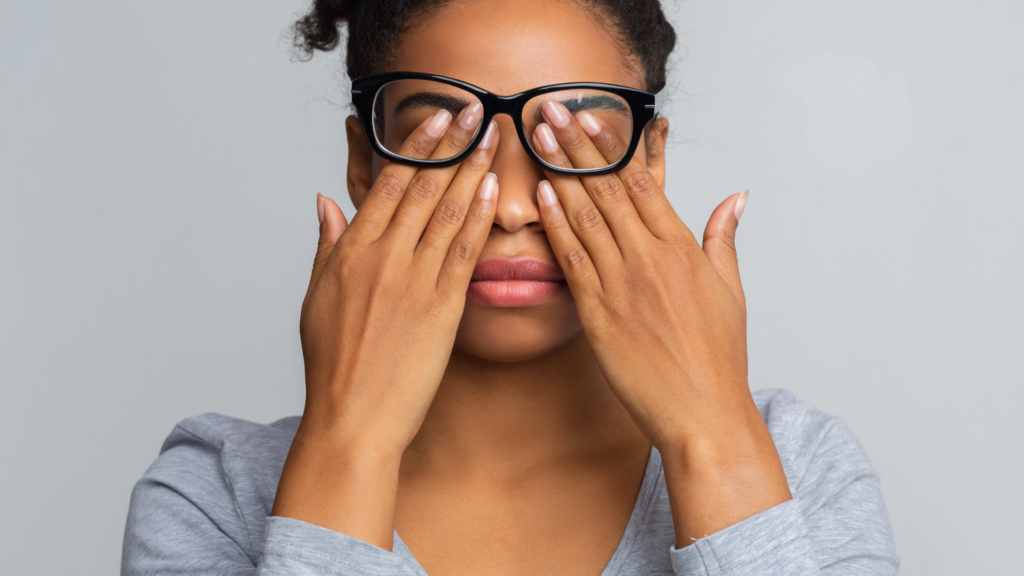"Don’t sit so close to the TV or you'll damage your eyes!" "Eat carrots, it's good for the eyesight!" "Put on your glasses if you don't want to make your myopia worse!" We have all heard at least one of these statements before. But are they true?
Not wearing glasses worsens certain vision disorders, such as myopia
False. Not wearing glasses causes some discomfort for patients who naturally see less well, but it does not aggravate the refractive disorder.
There is only one case where it can be annoying: children who have accommodative strabismus, who are farsighted and who must wear glasses so that the eyes can function normally. In these cases, not wearing glasses will cause them to squint.
For children, not wearing glasses can indeed have consequences but this mainly concerns much younger ones before the age of five or six years. In other cases, not wearing glasses can cause visual fatigue or headaches but there is no worsening of the refractive disorder.
Looking at a screen too closely damages the eyes
False. It does not damage the vision. On the other hand, a child who has not been tested for vision problems and who looks at a screen very closely may raise fears that he is near-sighted.
Eating carrots is beneficial for eyesight
True and False. It is not only carrots but all fruits and vegetables that contain antioxidants that are beneficial for the retina and can prevent the onset of age-related macular degeneration (AMD). All red fruits and pigment-rich vegetables are retinal protectors. It should be noted, however, that these are obviously very long-term benefits.
Anti-blue light lenses prevent eye strain
False. They contribute to it. Still, it is not necessarily the blue light filter that helps fight eye strain but the fact that the optical correction is optimal. When patients work on a screen, the ophthalmologist accurately looks at the refraction and there is usually a small astigmatism to correct.
Lighter-coloured eyes are more sensitive
True. Light eyes, especially blue and green, are more sensitive than brown eyes and are more likely to develop melanomas. They must be protected from UV and light. Light irises filter UV rays less, so they are therefore more sensitive than dark eyes.

